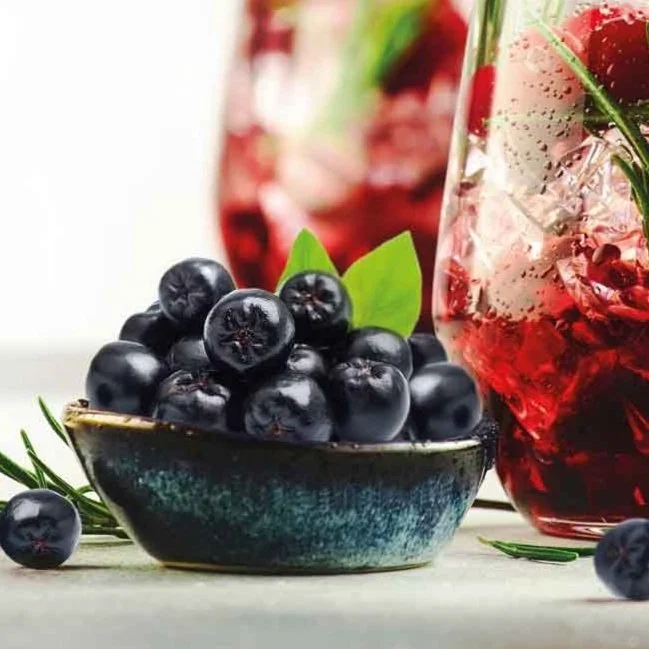
BBC Features Bokashi – A Game-Changer for Scottish Farming?
Andrew and Seonag Barbour, farmers at Glen Fincastle, have been experimenting with bokashi to improve their sustainability and reduce their environmental impact. They've found that treating manure with bokashi and using woodchip as bedding has led to significant improvements in manure quality, soil health, and overall farm productivity.

Making Apple Pulp into a soil improver
DIY Bokashi soil improver is a sustainable and cost-effective way to enhance your garden's health. By fermenting a mixture of apples, straw, and microbial inoculants, you can create a nutrient-rich compost that promotes plant growth and improves soil fertility. Not only is making Bokashi a rewarding project, but it also helps to reduce waste and promote a more sustainable lifestyle.

How to make your own bokashi bin
Create a custom bokashi bucket and reduce food waste. This DIY project is easy and affordable, turning your kitchen scraps into valuable compost for your garden.

Gut Microbes: Unexpected Players in Bladder Cancer Development
A groundbreaking study has unveiled a surprising connection between gut bacteria and bladder cancer. Researchers discovered that gut microbes can transform a harmful chemical found in tobacco smoke into a substance that specifically targets the bladder, promoting tumor growth. This finding suggests that manipulating gut bacteria could potentially offer a new approach to cancer prevention.

A Deep Dive into Sustainable Food Production with Josh Sparkes
In a recent episode of Gardeners' World,
Frances Tophill visited the pioneering horticulturist Josh Sparkes at his experimental plot in Devon.
This visit provided viewers with a fascinating glimpse into the future of sustainable food production.
At Agriton UK,
we were particularly impressed by Josh's DIY approach to waste management and his innovative use of fermented coffee grounds.

Insect Decline Threatens Farmland Birds: 50-Year Study
A 50-year study by the Game & Wildlife Conservation Trust (GWCT) reveals a decline in insect populations on farmland, threatening birdlife.
The Sussex Study, the world's longest on cereal ecosystems, shows a 37% drop in insect abundance since 1970. This decline is linked to increased herbicide use, impacting "chick food" insects for birds.
The GWCT offers solutions for farmers to boost insect populations and bird numbers through creating insect-rich habitats and reducing herbicide use.

Larder Love: Building a Sustainable Pantry
A sustainable pantry is more than just a storage space; it's a reflection of your commitment to the planet. By choosing local, seasonal produce, buying in bulk, and opting for eco-friendly packaging, you can create a larder that's both kind to the environment and delicious. Discover the joy of building a pantry filled with flavor, while making a positive impact on the world.

Unleashing the Antioxidant Marvel: EM Drink's ORAC Triumph and Lactic Acid Bacteria Benefits
Unleashing the Antioxidant Marvel


Unearthing the Hidden Heroes: How Soil Microbes Benefit Your Garden and Your Health
Beneath the surface of your garden lies a bustling metropolis of microscopic organisms collectively known as soil microbes. These tiny titans are essential for a thriving garden and may even positively impact your health. By breaking down organic matter, improving soil structure, and fighting off diseases, microbes create a fertile environment for plants to flourish. In return, healthy plants can provide you with more nutritious produce. To nurture this underground ecosystem, consider using compost-rich soil, avoiding overwatering, and introducing beneficial microbes like those found in green compost or EM products.
